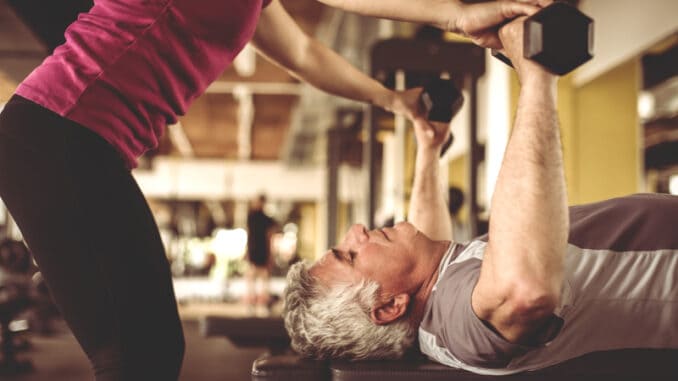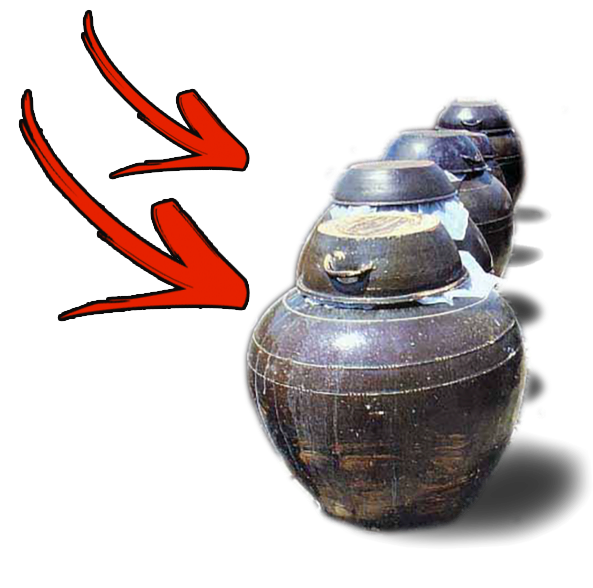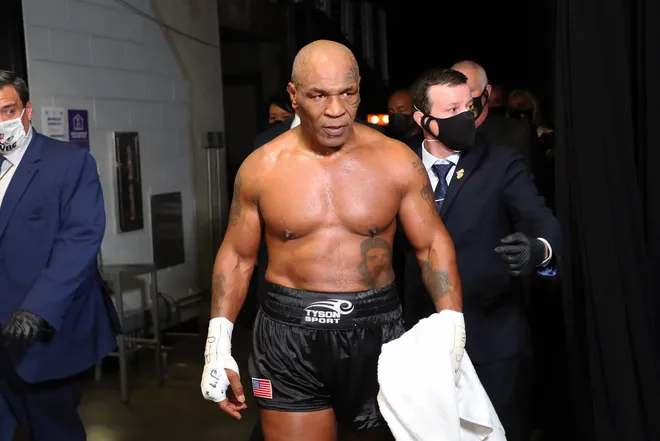
Something all men need to know…

Story-At-a-Glance
Matt Cook here, and most men know how important testosterone is to male health.
Testosterone effects sex drive, rockiness, blood flow, and so much more…
But most men think testosterone only stays high for so long, and then you need treatments from the doc…
So here’s what they’re not saying… and what all men need to know…
—-Important Message From Bill Radcliffe—-
Rogue researcher discovers 1,357 year-old “living chemistry” secret to impressive erections without treatments or side effects

I’ve discovered a strange 1,357 year-old-secret that until now had been lost to history…
A little-known pre-battle ritual practiced by a fierce ancient warlord of the far east…
This tasty, ancient mix of powerful warrior foods you can get in any grocery store in the world contains a unique “living chemistry” that was poorly understood until recently…
And this living chemistry naturally and permanently reverse the true, root cause of soft, unsatisfying rockiness.
———-
What they’re not telling men about high testosterone
Many men tend to lose muscle mass and strength as we get older — it happens to all of us to some degree.
But some men can be thick and strong in their 60s and 70s — while others are frail wrecks at 49.
We call the loss of muscle mass catabolism — and it happens to bones too.
The difference in the rate of muscle and bone loss is dependent on hormones — and testosterone is perhaps the most important in that regard.
What’s more, men with lower testosterone are more likely to suffer from falls.
This is probably due to muscle weakness, loss of central nervous system power, and changes in the brain (where testosterone is very active).
All this means that men with lower testosterone are more likely to suffer from serious bone injuries which can be very difficult to recover from…
Especially when vital testosterone is low.

The human research was carried out at the Bone and Mineral Unit of Oregon Health and Science University in Portland. The paper was published in JAMA Internal Medicine.
Most of the male hormones are produced in testicles — the gonads.
The gonads tend to produce less male hormones as men get older.
“Gonadal steroids decline with age in men. But whether low testosterone affects common age-related disorders including physical function and risk of falling is unclear.”
The researchers carried out the work in a group of over 2,500 men.
Men were between the ages of 65 and 99 years old.
Testosterone levels were tested at the start of the study.
The participants reported any falls they experienced during 4 month intervals over the next 4 years.
The researchers then looked at the relationship between testosterone, age and the risk of falling.
More than half of men over the age of 65 reported falling at least once during the four-year period.
“56% of the men reported at least one fall.”
A large percentage of the men reported falling over quite frequently.
This is very risky in older guys who may have lower bone mineral density — increasing the risk of fractures which may be difficult to heal.
Men with the lowest levels of testosterone were far more likely to suffer from falls.
Lower testosterone was associated with a 40% increase in risk.
“Men with testosterone levels in the lowest quarter had a 40% higher risk of fall and those in the highest quarter.”
The effect of testosterone on the risk of falling was most pronounced in men between the ages of 65 and 69 years old.
Low testosterone increased the risk of falling by 80% in men in that age group.
“The effect of low testosterone levels was most apparent in men between 65 and 69 years with a relative risk of 1.8.”
The study also showed that men with lower testosterone were less physically able — not a surprise by any means.
“Lower testosterone was associated with reduced physical performance.”
But the differences in physical performance were not enough to explain the increased risk of falling associated with lower testosterone levels.
This is probably partly because testosterone affects the brain as much as it does the rest of the body.
Men with lower testosterone will also have poorer health in general.
The other male hormones (androgens) also tend to fall when testosterone decreases.
And the researchers speculate that this may play a role in the effect too.
“Our results suggest that the effect of testosterone on fall risk may be mediated by other androgen actions.”
It’s important to remember that while testosterone levels drop with age, testosterone levels are not controlled by age.
There is a lot you can do with diet, lifestyle, and supplements to optimize your testosterone levels at any age.
Optimizing your testosterone levels can keep you active, upright and in one piece throughout your life.
For tough cases, there is always smart testosterone supplementation…
—-Important Message From Matt Cook for Men Who Are Considering Testosterone Supplements—-
This is how Mike Tyson is returning to the boxing ring at 55 years old

Boxing is considered a young man’s sport.
So how is it that guys like Mike Tyson and Roy Jones Jr are suddenly making a boxing comeback in their late 50’s?
Well, the secret is in their testosterone levels.
“Iron” Mike reportedly gets testosterone replacement therapy (TRT).
And this extra testosterone helps him build stronger muscles, have more energy, and last longer in the ring.
But TRT is expensive and can come with some risks…including permanent impotence and “man boobs”…
So instead, I’m popping these tasty little Booster Bites in my mouth to get all the same testosterone-boosting benefits, only natural…
———-

Endogenous testosterone levels, physical performance, and fall risk in older men
https://pubmed.ncbi.nlm.nih.gov/17060543/
